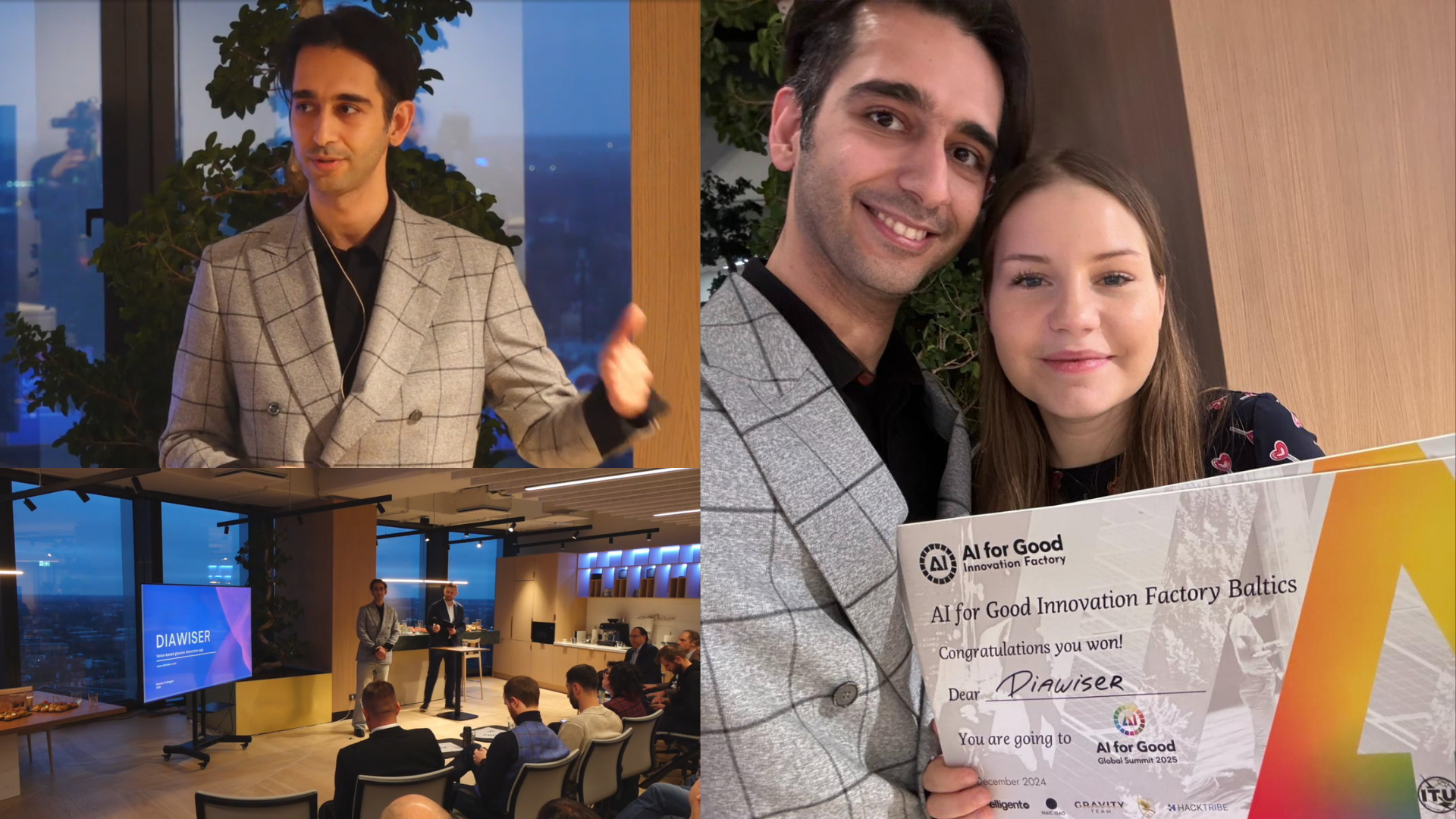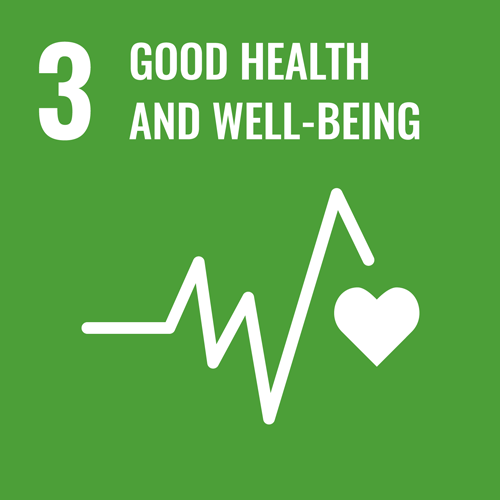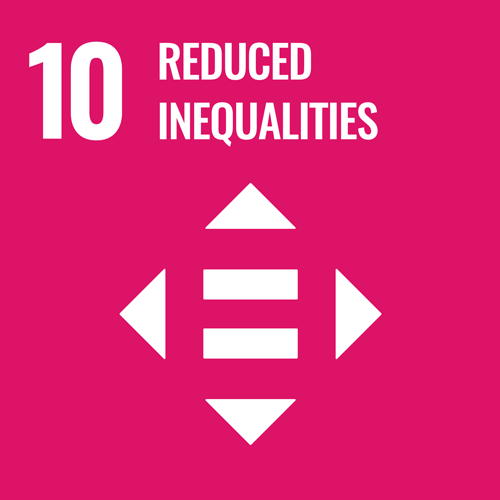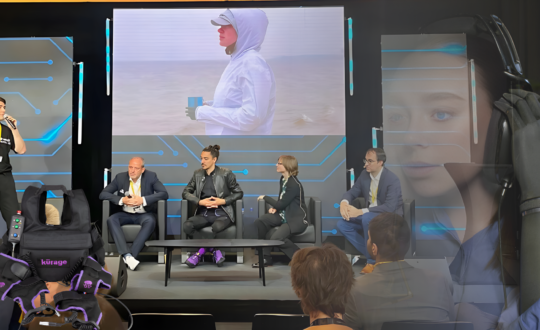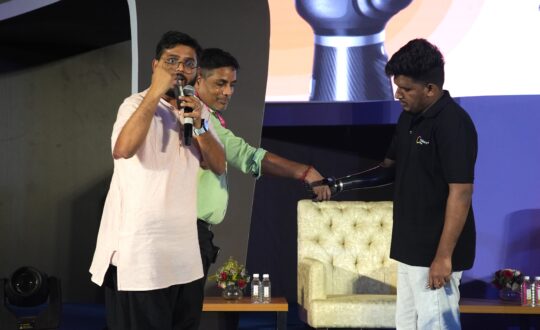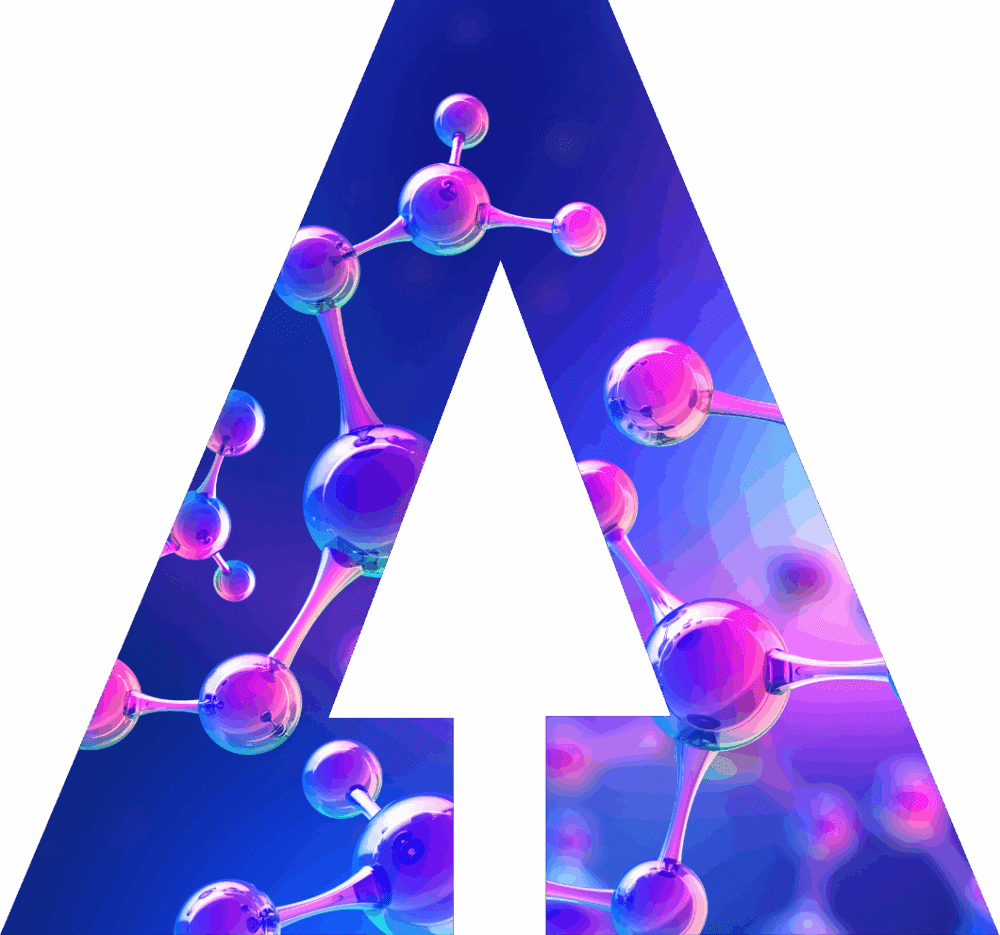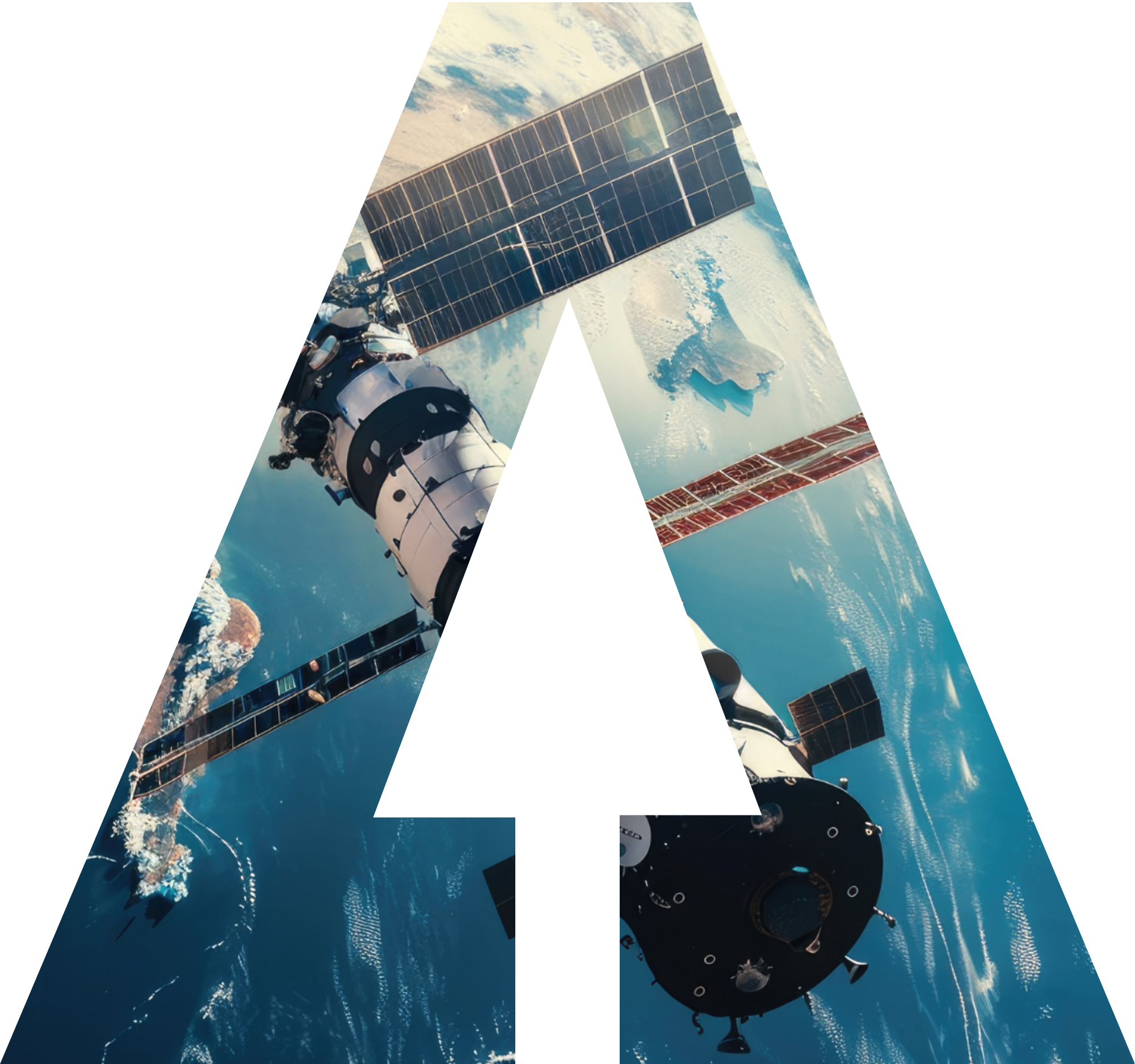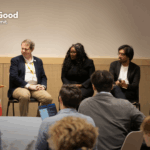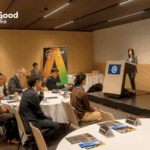The AI for Good Innovation Factory is a global startup pitch competition inviting entries from innovative startups utilizing AI to achieve the United Nations Sustainable Development Goals (SDGs). Some Innovation Factory events are tailored to specific themes or regions. On 6 December in Riga, Latvia, five exceptional AI-driven startups competed in the AI for Good Innovation Factory Baltics, hosted by our partner theIntelligent VC and the National AI and Cybersecurity ISAO, a task force of the Tortora Brayda Institute for AI & Cybersecurity.
The pitching competition, hosted by the International Telecommunication Union (ITU), presented a panel of three entrepreneurial veterans from the AI startup scene as judges. After a lively round of pitches, the AI health assistant startup Diawiser emerged as the Baltic winner.
As the winner, Diawiser secures a spot in the Innovation Factory Grand Finale at the AI for Good Global Summit 2025 to compete with the other winners of the qualifying tournaments. Diawiser also gains further opportunities to scale their personalized healthcare device worldwide, increasing their exposure to international organizations, technology companies, and investors.
In an exclusive interview, Dr. Sina Zare, co-founder of Diawiser, elaborates on his startup’s mission and how their AI-powered mobile app is transforming health monitoring with a non-invasive, voice-based solution that is simple, accessible, and effective for millions worldwide.
Can you tell us about your winning solution?
Diawiser started with a problem that hit close to home—literally. My partner, who lives with type 1 diabetes, shared the daily frustration of managing glucose levels: the finger pricks, the constant monitoring, the unpredictability, and then the consequences – diabetic complications. It made me think: is there another way?
As a clinical pharmacist who’s always had one foot in healthcare and the other in AI innovation, I saw an opportunity. What if we could detect blood glucose abnormalities using just your voice? It felt radical at first, and maybe even a little crazy, but we dove in.
“Today, Diawiser is developing a mobile app that analyzes subtle changes in a person’s voice to detect glucose shifts, making monitoring non-invasive, accessible, and effortless for millions of people worldwide.”
It’s deeply personal and something we’re incredibly proud of.
Where are you from and what regions do you work in?
We’re based in Vilnius, Lithuania – a place that fosters innovation while still feeling like home. But our vision is global.
“Diabetes doesn’t respect borders, and neither do we.”
Our goal is to create a solution that fits into healthcare systems from the U.S. to sub-Saharan Africa. Everyone deserves access to better, easier health management, and we’re determined to make that happen.
How can your solution help to solve the United Nations Sustainable Development Goals?
I love this question because it gets to the heart of why we do what we do. Diawiser is directly tackling three major goals:
- Good Health and Well-being (SDG 3): We’re creating a tool that removes barriers to glucose monitoring, making it easier and more consistent—and that means better health outcomes.
- Reduced Inequalities (SDG 10): Traditional glucose monitors are expensive and inaccessible to many. Our take? Low-cost, tech-driven, and easy to scale, so more people—regardless of where they live—can benefit.
- Industry, Innovation, and Infrastructure (SDG 9): AI in healthcare is the future, and we’re proud to be driving it forward with technology that has real, tangible impact.
There’s another aspect we’re exploring – reducing medical waste. Traditional glucose monitoring relies heavily on disposable strips and lancets, which contribute significantly to medical waste. A voice-based app eliminates this entirely, making it a more sustainable solution. Innovation shouldn’t just solve healthcare problems – it should consider environmental impact, too.
What is your biggest challenge as an AI start-up?
Healthcare innovation is like walking a tightrope. On one hand, we’re pushing boundaries with AI and deep tech. On the other, we’re navigating regulations, certifications, and data privacy laws that are there for good reason. Balancing innovation with compliance is hard work, but we take it seriously.
Building trust is another challenge. People – rightfully – ask: Can AI really do this? Can I trust it with something as critical as my health? As a Doctor of Clinical Pharmacy, I know we need to earn that trust every day. So, we’re transparent, rigorous, and deeply committed to safety and quality. Of course, like any startup, funding is a challenge, but we’re persistent. Because this solution is too important to give up on.
We also work hard to address another concern: bias in AI models.
“Healthcare solutions must be equitable, so we focus on diverse data collection and testing to ensure Diawiser works for everyone, regardless of age, gender, or accent.”
Why did you join the Innovation Factory Pitching Competition?
For us, the Innovation Factory was about telling a story – one of how personal challenges can fuel world-changing ideas. My co-founder Monika Fetingyte’s experience with diabetes wasn’t just a problem to solve; it was the key ingredient for innovation.
“We joined this competition to show that technology doesn’t have to feel cold or distant. It can be human. It can be personal. And it can make a real difference.”
We also wanted to connect with people who share our vision. Innovators, investors, and healthcare leaders who understand that tackling global problems requires bold ideas—and even bolder action. Winning isn’t just about us. It’s about impact. It’s about directly changing lives. That’s what keeps us going.
Diawiser is among the numerous cutting-edge startups that the AI for Good Innovation Factory consistently highlights. These ambitious founders will come together at the AI for Good Global Summit 2025, showcasing the limitless potential of AI in fulfilling the objectives set out by the UN SDGs.


